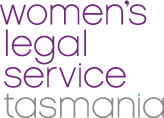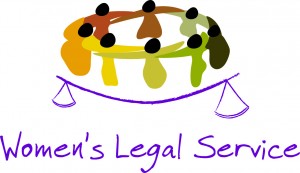Contact us
Women’s Legal Service does not provide legal advice via email. Confidential information about the substance of a matter should not be given by email as it is not possible for Women's Legal Service to protect any confidential information provided - please only send a brief outline of your query or situation. For legal advice please call our legal advice line for your region.
You can call our free telephone advice line on Monday, Tuesday, Thursday and Friday between 10:00am and 12:30pm and 1:30pm and 3:30pm, or on Wednesday between 2:00pm and 4:00pm.
Enquiry form
Phone
Women's Legal Service New South Wales
PO Box 206
LIDCOMBE NSW 1825
You can call our free telephone advice line on Mondays and Wednesdays between 9:30am and 12:30pm, or on Tuesdays between 1:30pm and 4:30pm.
Enquiry form
You can call our free telephone advice line:
Monday 10:00am – 1:00pm
Tuesday 6:30pm – 8:30pm
Wednesday 2:00pm – 5:00pm
Thursday 6:30pm – 8:30pm
Metropolitan callers can call (03) 8622 0600.
Enquiry form
You can call our free telephone advice line on Monday, Tuesday & Thursday between 9.30am – 1.30pm, or on Wednesday between 1:00pm and 4:00pm.
Metropolitan callers can call (07) 3392 0644.
We also offer evening legal advice sessions between 6:00pm and 7:30pm on Mondays and Wednesdays.
Enquiry form
You can call our free telephone advice line between 10:00am and 4:00pm on Monday, Tuesday, Thursday and Friday.
Metropolitan callers can call (08) 8221 5553.
Enquiry form
You can call our free telephone advice line between 9:30am and 12:00pm, Monday to Friday.
Metropolitan callers can call on (02) 6257 4499.
Enquiry form
To request information, referral or to make an appointment for free legal advice, please call 1800 625 122 (outside Perth), or (08) 9272 8800.
Enquiry form

Phone
Central Australian Women's Legal Service (CAWLS)
Shop 6, Bonnani Arcade
2 Gregory Terrace
ALICE SPRINGS NT 0870
To request information, referral or to make an appointment for free legal advice, please call 1800 684 055 between 8:30am and 5:00pm.






